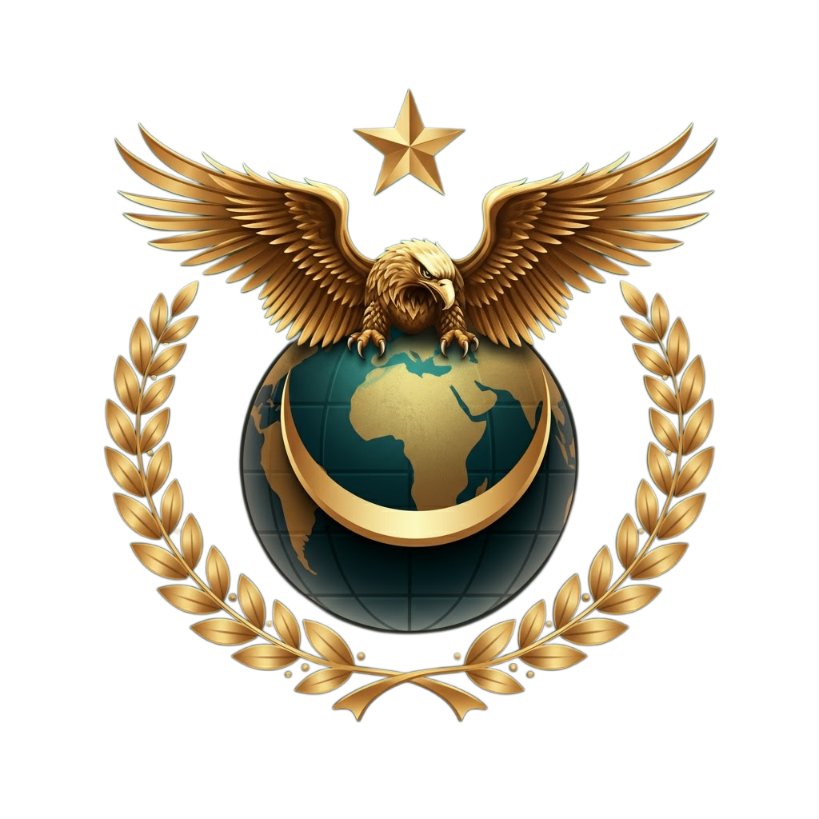[🇧🇩] Bangladesh Television
- By Saif
- Bangladesh Culture & Arts
- 12 Replies

Masud Ali Khan no more
Ekushey Padak-winning veteran artiste Masud Ali Khan has passed away, as confirmed by a relative to The Daily Star. The beloved actor reportedly died around 4:20pm.
Masud Ali Khan no more

Photo: Sheikh Mehedi Morshed
Ekushey Padak-winning veteran artiste Masud Ali Khan passed away today at his home in the Green Road area, confirmed a relative of his to The Daily Star. The beloved actor died at 5:20pm, according to his official death certificate.
His relative further informed that his wife had served him lunch around noon, and upon checking on him around 4pm, she found him unresponsive. Doctors arrived shortly after and pronounced him dead.
Masud Ali Khan had stepped away from acting some time ago. As a founding member of the country's first theatre troupe, Drama Circle, his contributions to stage, television, film, and radio are invaluable. Through his performances in countless timeless productions, he earned widespread admiration from audiences.
He gained nationwide recognition for his performance in the BTV drama "Kul Nai Kinar Nai". He made his film debut with "Nadi O Nari" and went on to appear in numerous films, including "Jonakir Alo", "Dipu Number 2", "Matir Moina", "Dui Duari", and "Molla Barir Bou".
He also became a household name through his roles in the iconic drama series "Kothao Keu Nei" and "Ei Sob Din Ratri". Additionally, he appeared in popular series such as "Ekanno Borti", "69", and "Poush Phaguner Pala".
Masud Ali Khan is survived by his wife and two children. He will be laid to rest on Friday after Jummah prayers in his ancestral village of Paril, Singiar upazila, Manikganj district.
Photo: Sheikh Mehedi Morshed
Ekushey Padak-winning veteran artiste Masud Ali Khan passed away today at his home in the Green Road area, confirmed a relative of his to The Daily Star. The beloved actor died at 5:20pm, according to his official death certificate.
His relative further informed that his wife had served him lunch around noon, and upon checking on him around 4pm, she found him unresponsive. Doctors arrived shortly after and pronounced him dead.
Masud Ali Khan had stepped away from acting some time ago. As a founding member of the country's first theatre troupe, Drama Circle, his contributions to stage, television, film, and radio are invaluable. Through his performances in countless timeless productions, he earned widespread admiration from audiences.
He gained nationwide recognition for his performance in the BTV drama "Kul Nai Kinar Nai". He made his film debut with "Nadi O Nari" and went on to appear in numerous films, including "Jonakir Alo", "Dipu Number 2", "Matir Moina", "Dui Duari", and "Molla Barir Bou".
He also became a household name through his roles in the iconic drama series "Kothao Keu Nei" and "Ei Sob Din Ratri". Additionally, he appeared in popular series such as "Ekanno Borti", "69", and "Poush Phaguner Pala".
Masud Ali Khan is survived by his wife and two children. He will be laid to rest on Friday after Jummah prayers in his ancestral village of Paril, Singiar upazila, Manikganj district.









